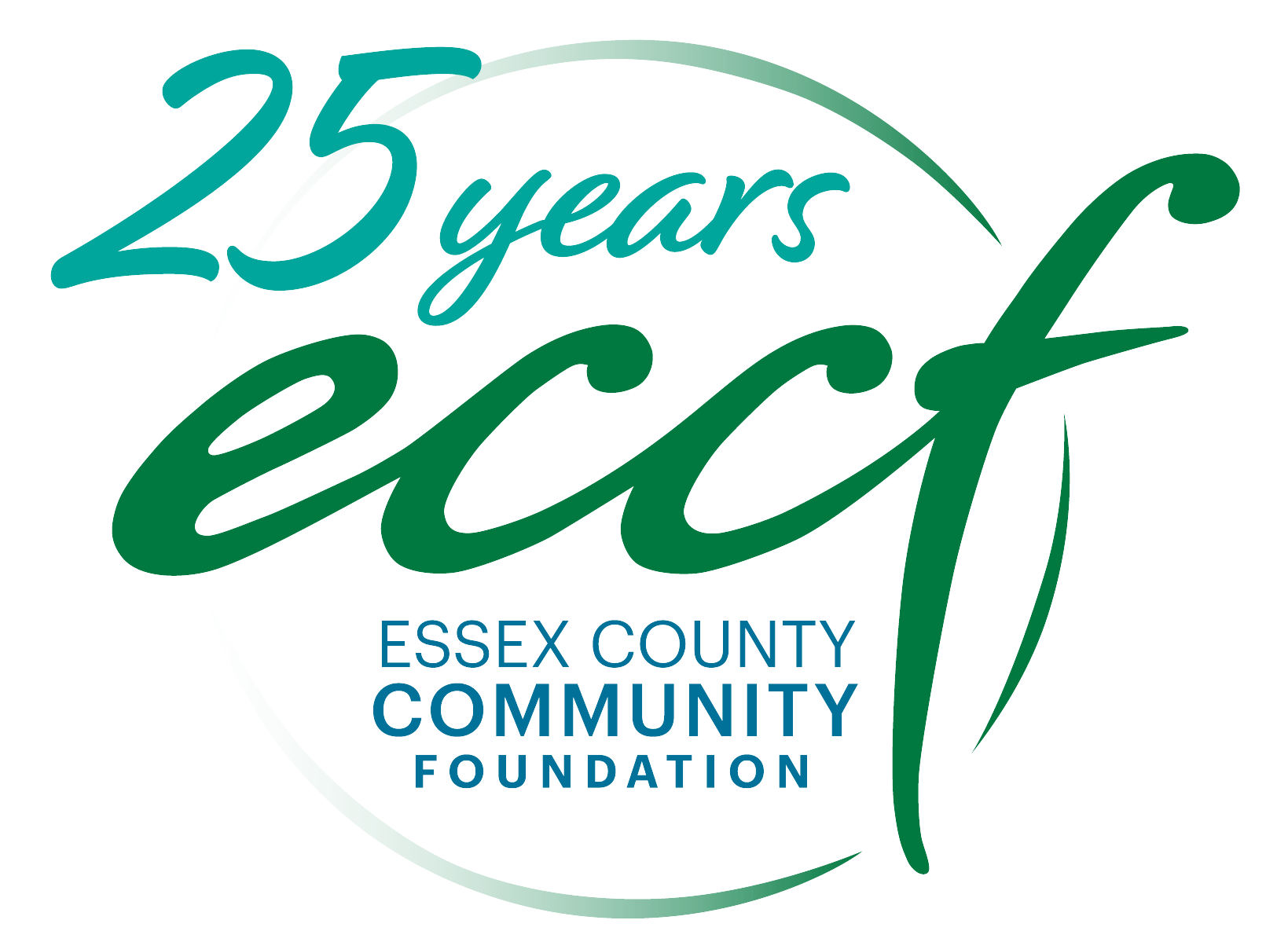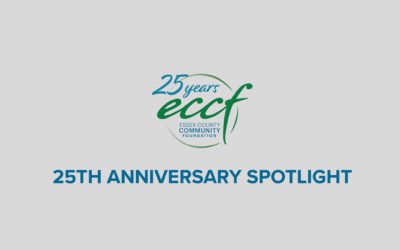By Michelle Xiarhos Curran
In Salem’s Point neighborhood, where ECCF is working collaboratively to bring more people online, the common reaction to receiving a free laptop, said Nikki Schafer, is one of disbelief.
Schafer, who is the North Shore Community Development Coalition’s economic development coordinator, has worked closely with ECCF – and a myriad of individuals and organizations – since last June, when ECCF first launched Advancing Digital Equity and began coordinating efforts to bring WiFi access, devices and digital literacy training to people who need it.
Schafer said when a new laptop is placed into the hands of a resident who’s never had one, the moment tends to be pretty emotional. She recalled the story of a single mother of three who is supporting her family by running a small business out of her home in the Point. A new computer, WiFi access and training in how to use email, social media and other marketing tools has enabled her to expand her business online and better support her family.
“You can just see the impact household to household,” said Schafer. “It looks different for every person, but the impact is palpable.”
Schafer was on hand Oct. 18 to share these stories of impact with attendees of ECCF’s Advancing Digital Equity virtual update event, where attendees learned more about how collaborative systems work is impacting Essex County communities, how that impact is being measured and new resources available to track its progress.
To date, more than 12,000 Essex County residents in total have been impacted by this work. Of those residents, more than 10,000 have received free WiFi access, more than 1,600 have been given a free device and nearly 250 people have participated in digital literacy training across 11 host sites – where programs are in high demand. This work is ongoing.
[Check out the Advancing Digital Equity ‘Vision for Change’ at eccf.org/digital-equity/.]
“We’re proud of what’s been accomplished in the first 12-16 months here, and as you can see our percent to goal in what we’re trying to accomplish is on track, but we really try to focus on the human impact, and all the individuals on the day-to-day that are receiving the devices and accessing the literacy training as we do that work,” said Stratton Lloyd, ECCF’s executive vice president and COO.
Another major part of Advancing Digital Equity is the coalition that has come together to guide the work. Across the region, 200 people – nonprofit, community, business and municipal leaders – are now working collaboratively to keep these efforts in motion.
“The coalition is meant to evolve,” said Kate Machet, ECCF’s director of strategic initiatives and community leadership. “The appetite for this is so large, which is why we’re getting so many community-driven solutions.”
To track, in real time, the scope and breadth of these efforts, ECCF introduced a brand new interactive digital equity map. With this new tool, available at eccf.org, the community can see exactly where in Essex County new mesh and WiFi networks are being established, in which cities and towns digital literacy programs are making an impact and where free laptops and devices have been distributed. Users can toggle over icons on the map to find out more about each project.
“The real purpose of this is not only to represent our digital work, but to provide transparency as to where the work is happening,” said Lloyd.
In addition to capturing stories and tracking impacted individuals, ECCF is also developing a way to measure systems-level change. How are our collaborative investments leading to permanent change?
To answer this question, ECCF has been working with Lisa Payne from The Philanthropic Initiative to examine the structural, relational and transformative changes that represent sustainable improvements to the digital equity ecosystem.
“Systems change, as a lot of people know, is a cumbersome thing to measure,” said Lloyd. “But we’re getting better and better at doing that.”
The emergence of an engaged countywide coalition; increased state funding and collaboration between cross-sector partners and a shift in policymaker and stakeholder attitudes towards the importance of digital equity are all evidence of the systems change that has developed over the last 12-16 months.
[Visit eccf.org/digital-equity/ to view the entire summary report on the systems-level change happening as a result of Advancing Digital Equity.]
At the Oct. 18 event, ECCF also released an update to a 2020 data report that outlined the challenges and opportunities surrounding digital equity in Essex County. The new report provides a more granular assessment of countywide broadband and computer ownership by income, race, ethnicity, age and beyond. It reveals that though one in five households still lacks a basic computer, race impacts low broadband access more so than even income. It also shows that cell phones continue to be a vital link to the digital world for many people.
“We’ve taken all of this information in and it’s given us a great opportunity to reflect,” said Lloyd.
[Learn more about the foundational data that drives this work in the original 2020 study by The Center for State Policy Analysis at Tufts University, and the 2022 update at eccf.org/digital-equity/.]
In the coming weeks and months, ECCF will continue to advocate for digital equity and increased resources, implement collaborative partnership grants and support the coalition in building and strengthening its collaborative muscle.
“We’re going to continue to listen to what the needs are and help create space for collaboration,” said Machet.
ECCF President and CEO Beth Francis said there are ways that all community stakeholders can work together to help bridge the digital divide. These include making a gift to ECCF’s Digital Equity Fund; talking about the critical nature of digital equity with local leaders; encouraging others to join ECCF’s coalition and connecting the foundation with nonprofits that can play a valuable role in the ecosystem.
“It’s an honor for ECCF to be able to lead a lot of this work and facilitate a lot of this work, but all of this work that we’re talking about is being completed by hundreds of individuals, and literally hundreds of organizations – for-profit, nonprofit, government, state and community individuals that just rolled up their sleeves,” said Lloyd. “It’s really a team effort with all of this work and it’s important to underscore that.”



